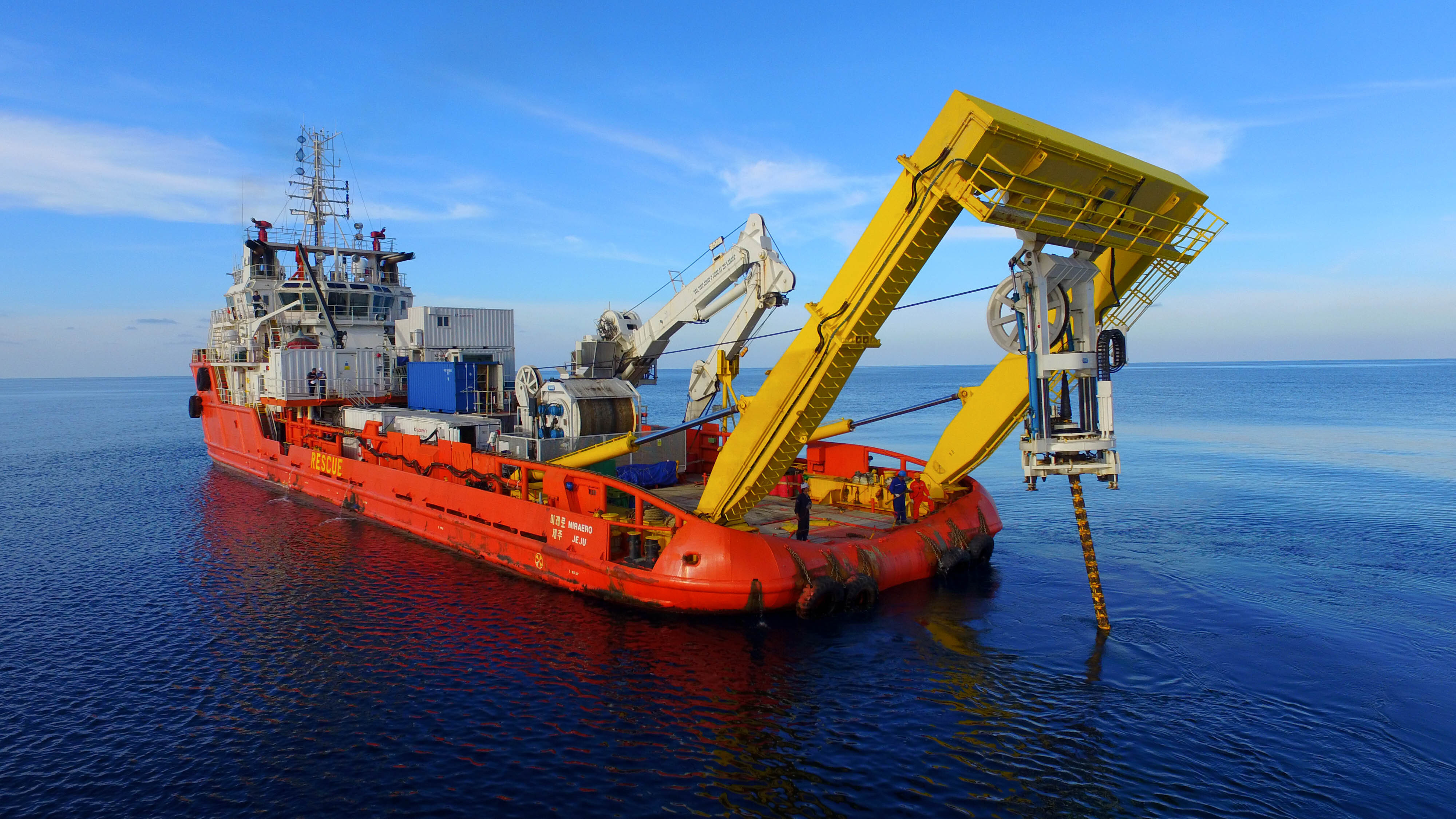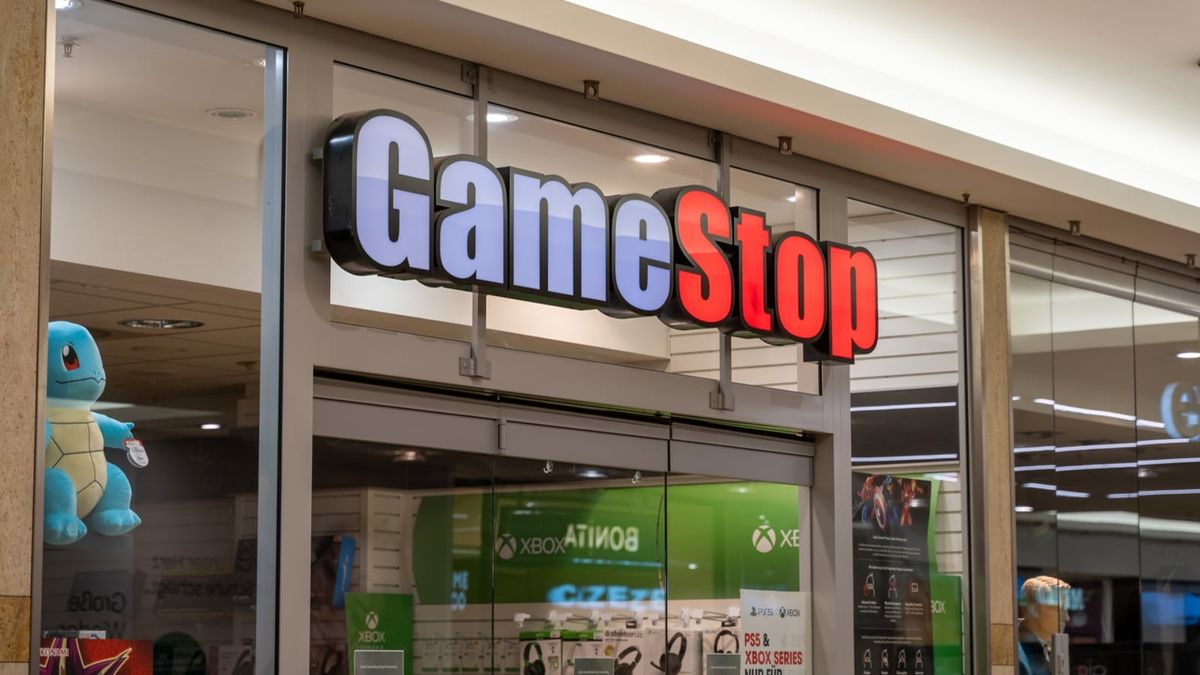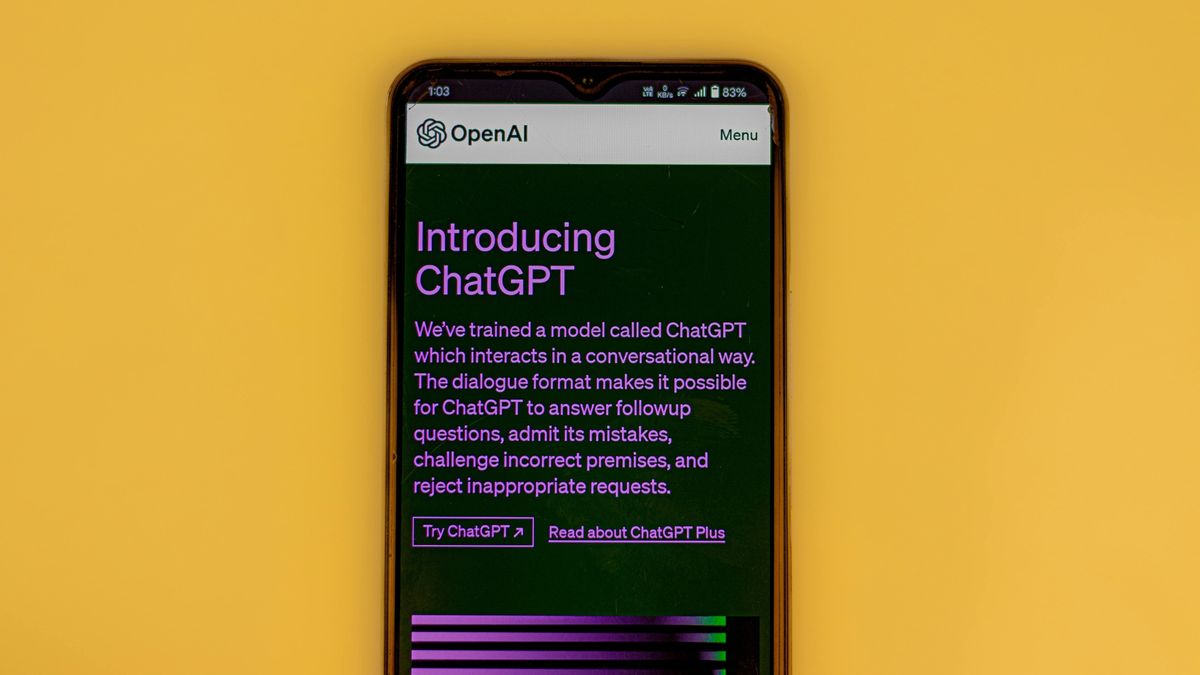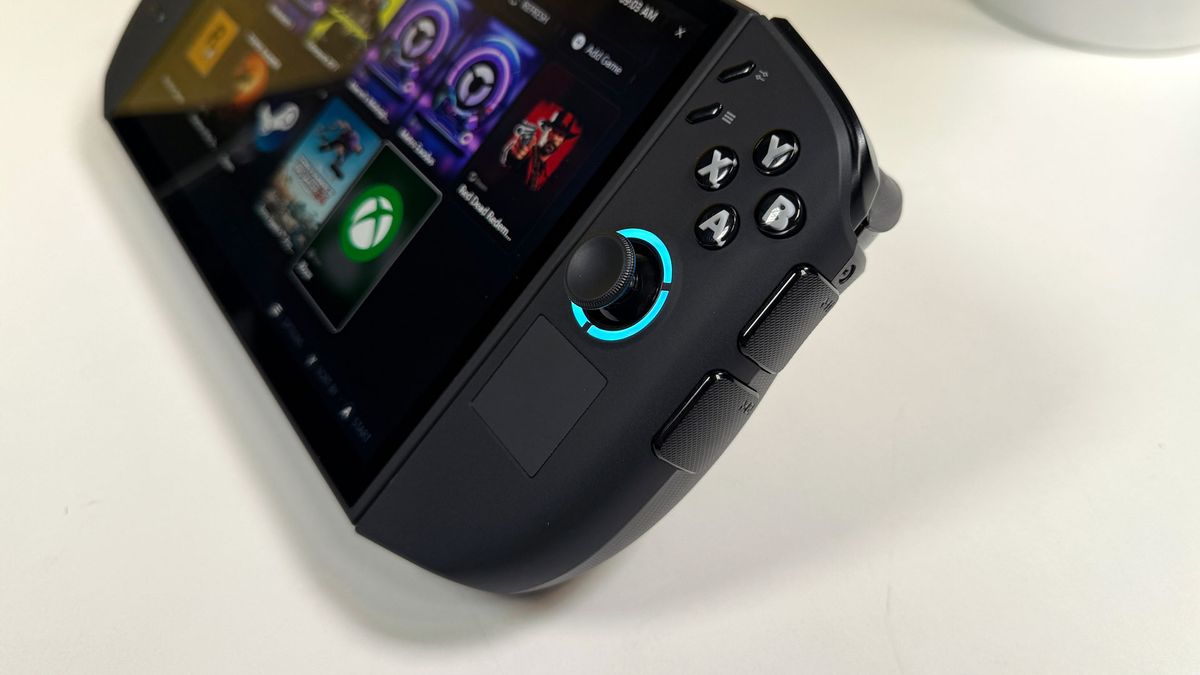Japanese officials are set to offer subsidies to NEC, one of the country's biggest tech companies, to purchase cable-laying ships capable of traversing oceans. According to the Financial Times, Tokyo is willing to cover as much as half of the acquisition cost of these vessels. With each ship estimated to cost around $300 million, Japan is seemingly ready to spend half a billion dollars or more to allow NEC to have unfettered access to its own cable-laying vessels, a matter the government now considers of vital importance to national security.
NEC is one of the largest layers of undersea cables and the biggest one in Asia, having already installed over 400,000 km globally. It currently competes with US-based SubCom, the French government-owned Alcatel Submarine Networks, and China’s HMN Tech. All of these companies have their own fleets, with each of them owning between two and seven vessels. On the other hand, NEC does not own any cable-laying ships and instead leases them from other operators.
The company currently rents a subsea cable-laying vessel from a Norwegian corporation, with the charter expected to expire next year. Aside from that, it would contract various specialist ships as needed to serve its needs, especially as demand for undersea cables increases within the Indo-Pacific region. The company also occasionally rents smaller cable-laying vessels from Japanese companies NTT and KDDI, but they’re not equipped for traversing oceanic routes and can only work within regional waters.
Undersea cables are crucial for connecting countries to the rest of the world, and adversaries have increasingly been attacking and sabotaging this relatively unprotected infrastructure. Their placement in international waters means that their destruction isn’t automatically an overt act of war, and the responsible vessels often have murky ownership, making deniability easy. It could also often be chalked up as an accident, so prosecuting offending ships and crews is difficult, if not politically sensitive.
Nevertheless, NEC purchasing its own vessels, even at subsidized cost, is still a hefty outlay for the company. “Owning a vessel is a huge fixed cost — that’s all well when the market is growing, but when the tech bubble bursts like it did in 2000, then it becomes simply a big cost,” NEC Senior Director for the Submarine Network Division Takahisa Ohta told the Financial Times. “Thankfully, the market is booming now, so one option is to acquire our own ship, and it’s something we’re considering.”

 3 months ago
11
3 months ago
11










 English (US) ·
English (US) ·